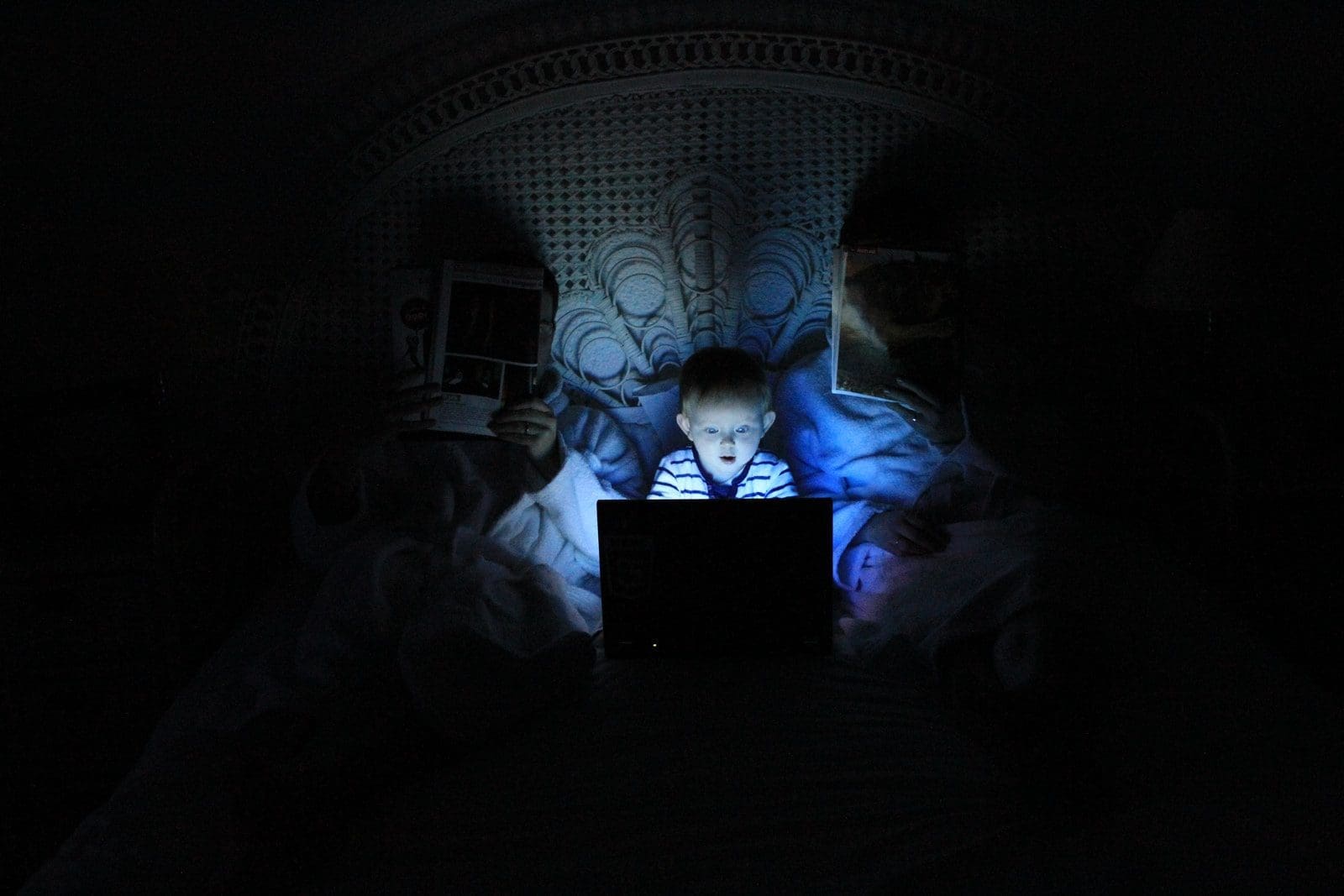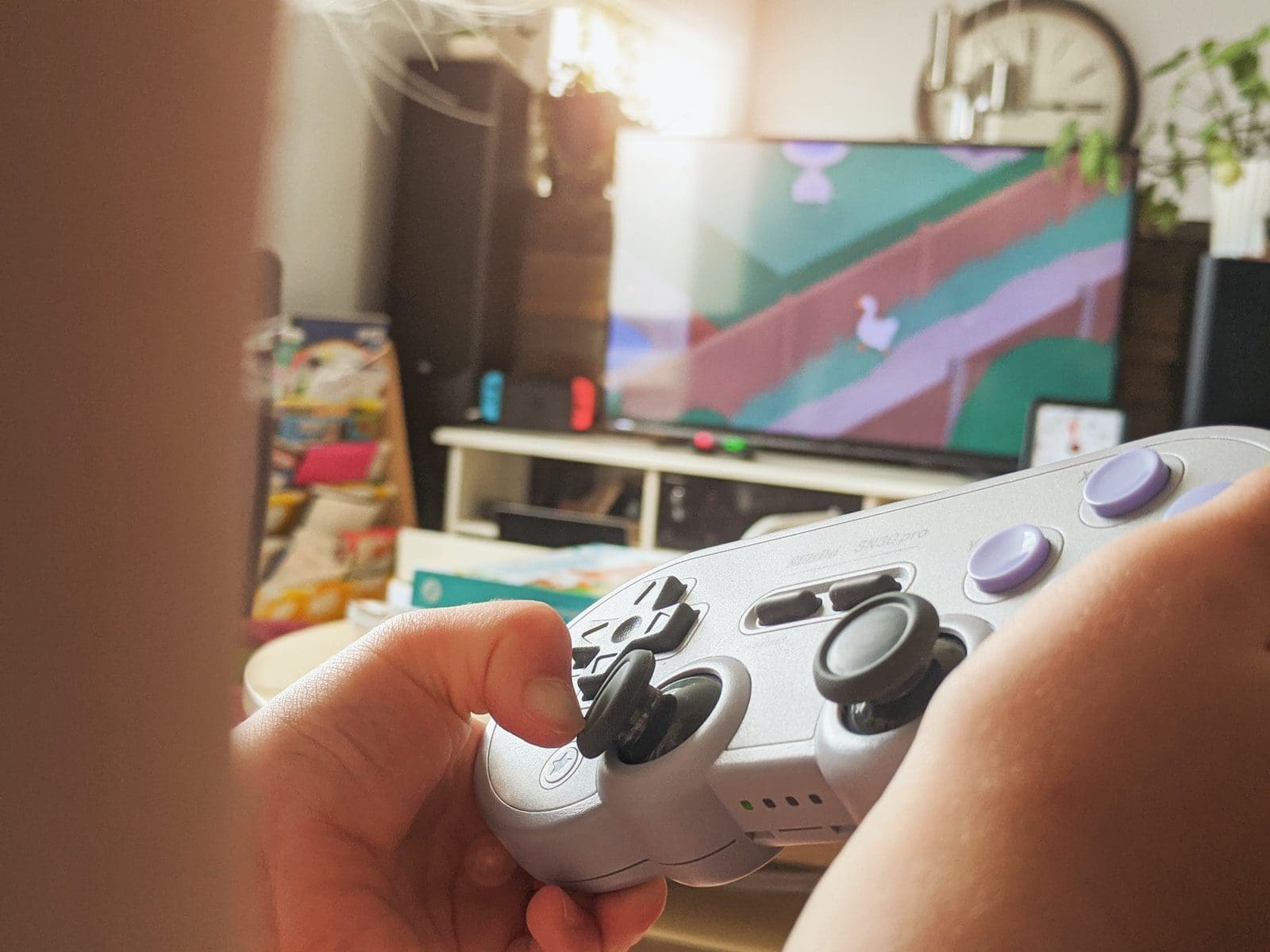
Internet Addiction in Pandemic Times
The volatile age between 8 to 18 years is spent violently on the internet, which is 10 hours and 45 minutes a day. The average screen time then unspools into 75 hours and 15 minutes a week, which translates into twice the number of hours their parents spend at their full-time job. Such excessive usage contributes to stasis in the ebb and flow of life, social interaction, familial interactions, and even personal growth.
For youngsters, engaging exhaustively with the media might rob them of simple pleasures of life, harsh experiences meant to be learned, anecdotes by grandparents, and may result in a warped personality. Not to mention, various health concerns like increased risk for depression, erratic sleep patterns, and more.
When does compulsive internet usage transcend into full-blown addiction, is hard to say, but of course, if the compulsive need to remain online triumphs all other motives and tasks in the immediate environment, we know there is a problem.
 For users, the internet becomes a sort of escape. They can lose themselves in new stories, music, art, get inspired, and weave new ideas on the net. For some, the internet gives them a new reality, a whole new persona, someone they always wanted to be, someone they want to project onto the world. While this might help them actualize their momentary pleasures, it also provides a ledger for wasting time and opportunities to go outside and explore life in full swing!
For users, the internet becomes a sort of escape. They can lose themselves in new stories, music, art, get inspired, and weave new ideas on the net. For some, the internet gives them a new reality, a whole new persona, someone they always wanted to be, someone they want to project onto the world. While this might help them actualize their momentary pleasures, it also provides a ledger for wasting time and opportunities to go outside and explore life in full swing!
Internet usage might explode due to a lot of reasons. This could be project work, research, an internship or a job, meeting new people online, thus pointing towards addiction is not purely black or white. In such situations, it becomes vital to compartmentalize one’s time on the net and have a few hours away from the screen and any kind of online interaction.
According to research by Kimberly Young, Director of the Centre for Internet Addiction, If your children exhibit the following signs, they might be battling internet addiction:
- Preoccupation with the internet; or specific internet destinations.
- Defensive about time spent online.
- Spends money on their devices or online that should be used for bills, groceries, and other necessities.
- Failed attempts to control behavior, including aggressive behavior.
- A heightened sense of euphoria while involved in computer and Internet activities.
- Loses track of time while online.
- Sacrifices needed hours of sleep to spend time online.
- Becomes agitated or angry when not online or online time is interrupted.
- Checks messages compulsively throughout the day.
- Spends time online in place of homework or chores.
- Prefers to spend time online rather than with friends or family.
- Disobeys time limits that have been set for Internet usage.
- Lies about the amount of time spent online or “sneaks” online when no one is around.
- Seems preoccupied with getting back online when away from the computer.
- Loses interest in activities that were enjoyable before they had online access.
- Escapes into the internet to avoid responsibilities, escape painful feelings, or troubling situations.

Do keep in mind that you might notice some of the scenarios mentioned above at home with your child. The key is to remain calm. There is nothing to panic or worry about. The issue needs to be appropriately addressed to the concerned person listing down valid concerns so that you and the child do not feel that the argument is baseless. After a healthy discussion, kindly plan a schedule for healthy and timed usage. Proper health, support, and time can help heal such issues and bring much-needed stability in life.
Many interactive apps and built-in reminders in our appliances warn us about our screen time and might lock us out after excessive usage. Thus, it is better to realize how the internet is something to be used for growth, invention learning, and not for personal sabotage!
About the Author – Khushi Singh is a final-year student at Manipal Insititute of Communication.




Very informative